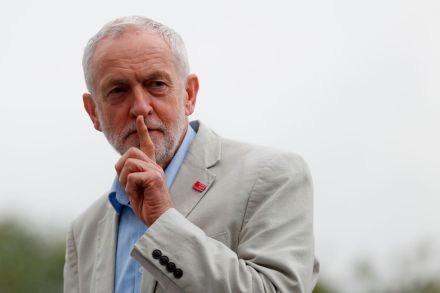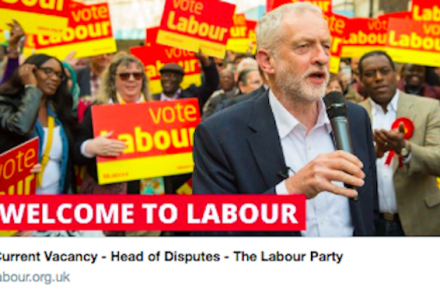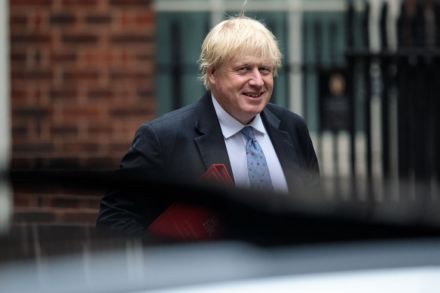Vince Cable’s message discipline
When the Liberal Democrats unveiled their new slogan – ‘Demand better’ –earlier this month, critics were quick to point out that it might not have the desired effect. One Lib Dem source soon snarked to Mr S that many Lib Dems do want to demand better – at least, of their lacklustre leader Sir Vince Cable. So with party conference now just weeks away and the prospect of Cable having to stand next to a lectern which reads ‘demand better’ nearing, it appears Cable may have taken the message to heart. Reports are swirling that the Lib Dem leader will signal next month that he plans to step aside before




















